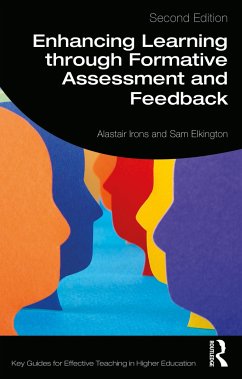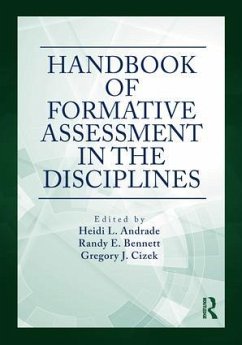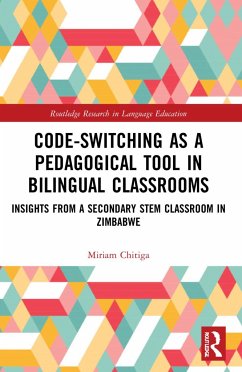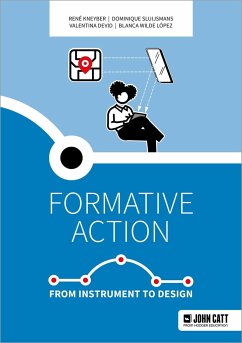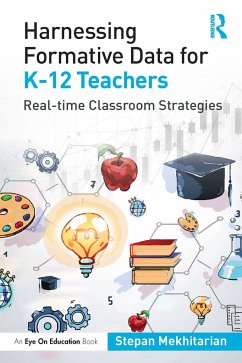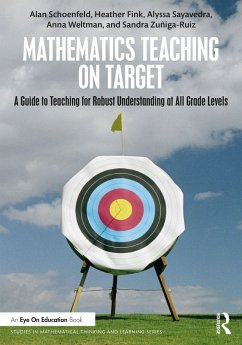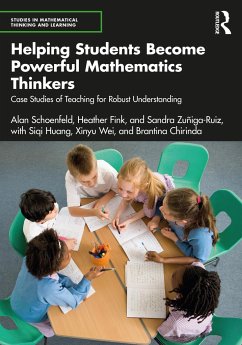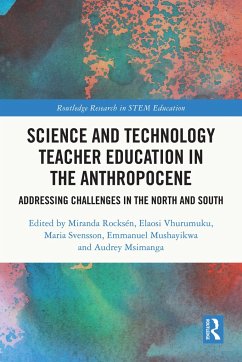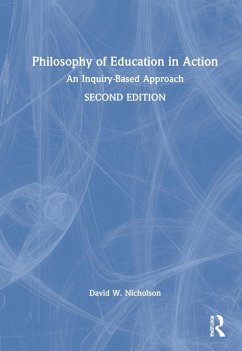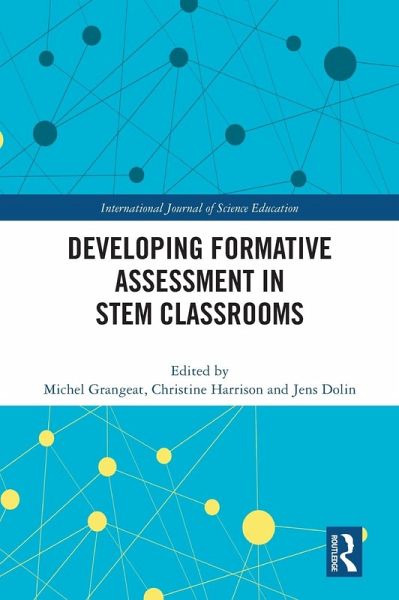
Developing Formative Assessment in STEM Classrooms

PAYBACK Punkte
77 °P sammeln!
This book, drawn from the practical experience of the European Assess Inquiry in Science, Technology and Mathematics Education (ASSIST-ME) project, aims to support researchers, teacher educators and teachers in navigating the complex nature of formative assessment.It delves into how formative assessment methods may adapt different features within STEM classroom practices and how formative and summative assessment could be coordinated. The book illustrates how ideas about inquiry and assessment are played out in the classroom, revealing both how the pedagogical approach fits with the assessment...
This book, drawn from the practical experience of the European Assess Inquiry in Science, Technology and Mathematics Education (ASSIST-ME) project, aims to support researchers, teacher educators and teachers in navigating the complex nature of formative assessment.
It delves into how formative assessment methods may adapt different features within STEM classroom practices and how formative and summative assessment could be coordinated. The book illustrates how ideas about inquiry and assessment are played out in the classroom, revealing both how the pedagogical approach fits with the assessment choices made and the support that teachers need, to engage with these changes. It both informs and presents some of the challenges related to the uptake and development of inquiry learning in STEM classrooms. The chapters in this volume address three questions:
What formative assessment objectives and methods are relevant and appropriate in science education ?
How do teachers monitor student learning as it unfolds during inquiry-based teaching-learning sequences?
To what extent does a partnership between researchers and teachers make it possible to implement effective assessment methods and acquire relevant professional knowledge?
Taken together, they explore how national educational systems can foster and build the systemic support measures and tools that teachers need to integrate assessment into their classroom practices that fit alongside or within their summative assessment practices. The chapters included in this book were originally published in International Journal of Science Education.
It delves into how formative assessment methods may adapt different features within STEM classroom practices and how formative and summative assessment could be coordinated. The book illustrates how ideas about inquiry and assessment are played out in the classroom, revealing both how the pedagogical approach fits with the assessment choices made and the support that teachers need, to engage with these changes. It both informs and presents some of the challenges related to the uptake and development of inquiry learning in STEM classrooms. The chapters in this volume address three questions:
What formative assessment objectives and methods are relevant and appropriate in science education ?
How do teachers monitor student learning as it unfolds during inquiry-based teaching-learning sequences?
To what extent does a partnership between researchers and teachers make it possible to implement effective assessment methods and acquire relevant professional knowledge?
Taken together, they explore how national educational systems can foster and build the systemic support measures and tools that teachers need to integrate assessment into their classroom practices that fit alongside or within their summative assessment practices. The chapters included in this book were originally published in International Journal of Science Education.





